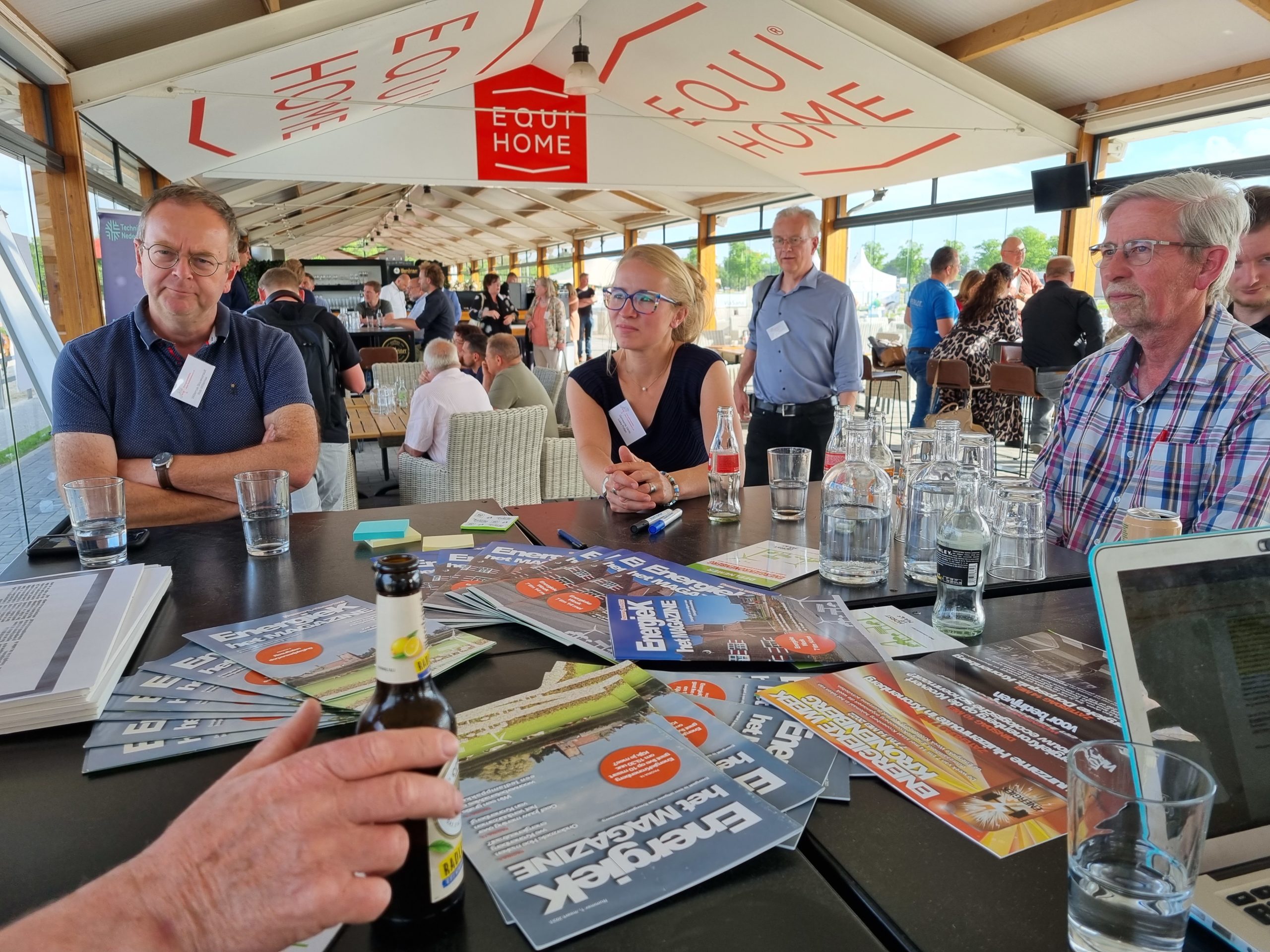Cities learning for fair, clean & democratic energy
When it comes to managing the energy transition the need for municipal level innovation has never been clearer. In recent years we have seen some successes, where innovative ideas have led to more equitable, just and democratic energy policies. However, the sharing of these ideas has been limited, and they have tended to remain local and specific. To achieve large scale, replicable success we need a coordinated and integrated approach for collaboration and knowledge-sharing. Enter: mPOWER
The mPOWER project and consortium are funded by the Horizon 2020 EU Research and Innovation programme and involves seven partner organizations. The project started in May 2018 and will last four years.
mPOWER Project: Results and Impacts
Municipalities need supportive and enabling policy environments at other geographical scales, particularly the national scale, to fulfil their potential in the drive towards energy transition. To make best use of localised ambition and action, national policy landscapes must support and reflect ongoing conversations about transition to low-carbon energy. This policy briefing offers suggestions at the national level for principles and policies that support the local transitions that draw upon our research findings.
Unlocking Municipal Energy Futures – National Policy Briefing
Municipalities need supportive and enabling policy environments at other geographical scales, particularly the national scale, to fulfil their potential in the drive towards energy transition. To make best use of localised ambition and action, national policy landscapes must support and reflect ongoing conversations about transition to low-carbon energy. This policy briefing offers suggestions at the national level for principles and policies that support the local transitions that draw upon our research findings.
mPOWER Webinar: Municipalist Strategies for a Just Energy Transition
Watch this webinar to learn about the state of play of local energy transitions across Europe, how towns and cities are pulling their powers to deliver energy as a public good, and which municipal strategies can turn the climate and energy crises around.
Municipalities can overcome Europe’s fossil-fuel addiction
Europe’s municipalities are developing social and ecological solutions to the energy crisis. They need more power to their elbows.
Building Public Power: Municipal Manual for Energy Transitions
We cannot afford to wait for the market to deliver the fundamental transformation of the energy system that we need. Instead, public authorities must take the lead. This does not mean a return to top-down planning and bureaucracy. By democratising governance, fostering citizen participation and by collaborating with trade unions, cooperatives and other civil society organisations, public bodies can deliver just and democratic energy transitions.
The state of municipal energy transitions: Multi-scalar constraints and enablers of Europe’s post-carbon energy ambitions
This article draws upon evidence from a mixed methods comparative and multi-scalar analysis across Europe exploring the different pressures and potential that exist for municipalities. Our central aim is to critically interrogate what municipalities are doing to achieve a post-carbon energy transition beyond lofty aspirations.
Boosting the energytransition in Kronenberg
In Kronenberg, a small 450 household strong village in North Limburg, southeastern Netherlands, the energy transition is underway. It is being driven forward by the enthusiasm and commitment of EnergieKronenberg, a citizen collective. EnergieKronenberg started as a working group within the local municipality but since mid-2018 has been an independent collective with a close relationship with the municipality. The group has one municipality member on it, and they reached out to mPOWER to work alongside them. The collective currently consists of 15 members and volunteers.
Co-criação de Comunidades de Energia em Portugal: o papel das autarquias
Exemplos concretos são uma forma de motivar as pessoas a transformar a realidade mais próxima de si, ao perceberem que boas ideias se podem tornar em boas práticas. É por isso que o terceiro evento regional do projeto H2020 mPower se concentrou nos resultados e nas questões da Energaia (a agência de energia que representa 7 municípios do sul da Área Metropolitana do Porto), que já tinha estado presente no evento anterior.
















